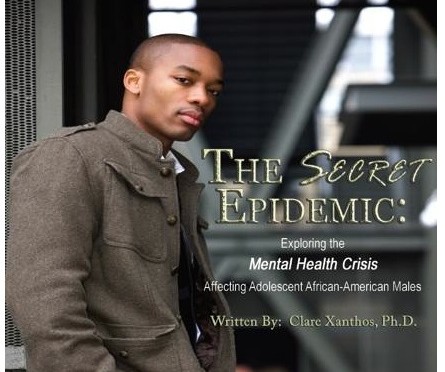Probably one of the most intense of dramas that frequent the therapy office is that of distraught, frustrated folks trying to co-parent. They rely on the court, the visitation schedule, the child support orders to communicate their interpersonal pain.
One can’t understand why the other left the relationship but they can understand how to make visitation difficult. One may have trouble being heard in person but they can make themselves heard through a subpoena. Often they don’t realize they are playing out dramas from their own childhoods – issues they can’t or don’t know to address. This is an instance when employing a therapist to mediate and facilitate more effective communication between estranged partners is a child-saving decision.
As early in the process as possible, begin using these steps to reduce the drama:
1. Set a good intention in place around your interactions. Be determined to be courteous no matter what. Remember, your kids are watching you. For example, say something like, “I really appreciate your patience in working on this” or “I want us to come up with a schedule that works for both of us”.
Or, how about a big intention like, “We are not going to let our relationship problems make our kids miserable or constantly worried. If nothing else, we’re going to keep them out of the drama”.
2. Stay calm. Give your co-parent an “out” when the situation gets tense. Try keeping a calm, low voice tone and say, “I can see this is so upsetting for you. Maybe we should think about it a little more and talk in a couple of days”.
3. Acknowledge your co-parent’s strengths and best efforts. “You’ve always been better at scheduling than I. I’m so glad that the baby can always depend on you….” or “You are such a good mother. Johnnie’s clothes are always so well organized. I really appreciate that!”
Now, you might be thinking, “Why should I make him or her look good when he or she has been such a jerk?” Because it makes you look even better. It also gives you some power over the situation, since if you’re kind or appreciative, your ex-partner might calm down and be nicer to you.
Try it! Consider it to be your own personal research into what will make your life easier. Try different approaches and make note of what works better. Remember, there can’t be an argument if you won’t participate.
For a great resource to help you handle custody & support issues, check out attorney Alicia Crowe’s manual, Real Dads Stand Up

